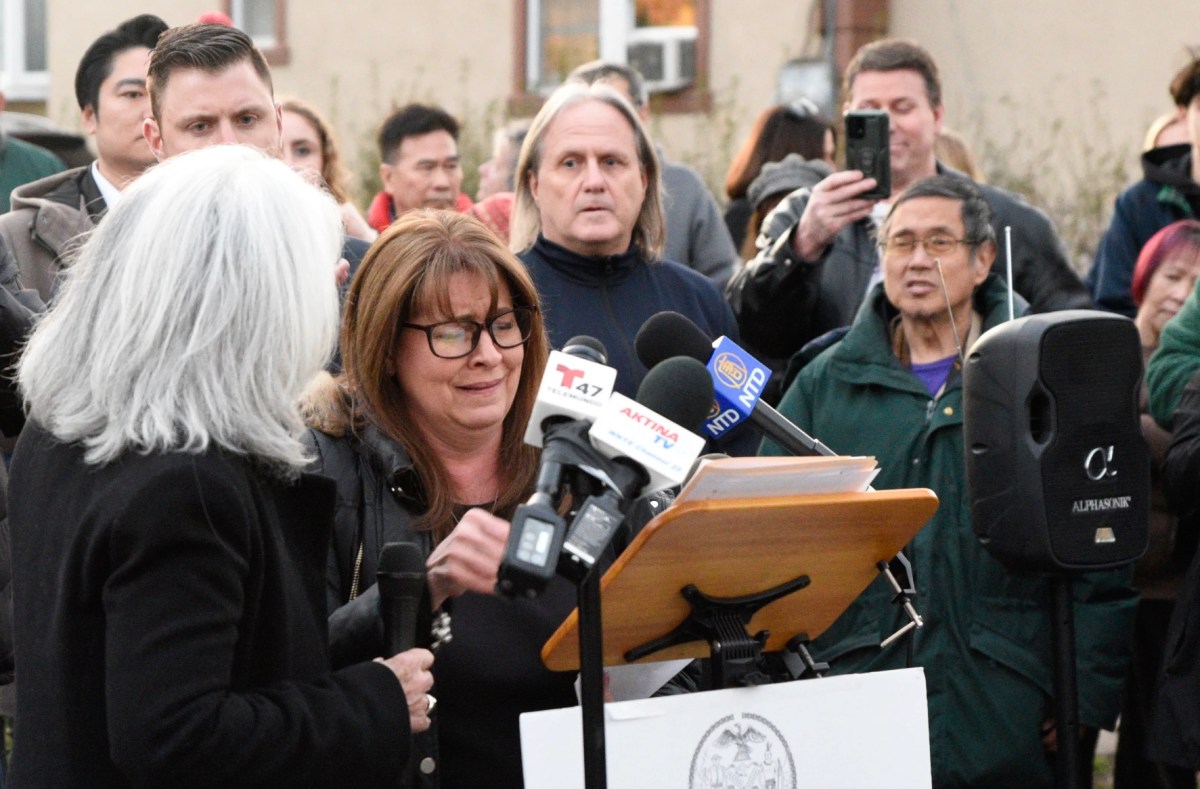This Friday, doing your part for conservation is as easy as turning off a light, using a clothesline instead of a dryer or choosing a ceiling fan over an air conditioner.
Ottawa residents are encouraged to be a part of the solution Friday as the city joins 82 other municipalities – representing 60 per cent of the province’s population across Ontario – to take part in the Count Me In Challenge.
The first-year event will have cities competing to see who will have the highest consumption drop per capita. Interest in the campaign is rapidly growing, said spokesman for Ontario Power Authority and team leader for Count Me In, Tim Taylor.
“The momentum is remarkable,” said Taylor, who said as of Thursday, 215,000 acts of conservation had been registered on the event’s website at countmeinontario.ca.
The event, which is held from 8 a.m. to 8 p.m. Friday, encourages all participants to do their part to conserve electricity by doing simple things, like turning off their lights, unplugging unnecessary appliances and cutting the time on their showers, said National Public Relations spokeswoman Heather Agnew.
As president of the Association of Municipalities of Ontario, Coun. Peter Hume is leading the charge in Ottawa and across Ontario. He predicted that Ottawans will jump on board.
“The citizens of Ottawa are leaders when it comes to wanting to make their communities, their city and their province a better place,” said Hume. “I’m confident we’re up there in the running to win the prize, which is a great reputation for conservation.”
The event, which coincides with the sixth anniversary of the 2003 blackout, wouldn’t be possible without the help of local utilities, said Taylor.
“The city of Ottawa had to work with Hydro Ottawa to measure (the savings),” he said. Across Ontario, the Independent Electricity System Operator will gather the information. The winner will be declared at Wednesday’s AMO meeting in Ottawa.
Conservation can be easy, Taylor said.
“It’s not about deprivation. It’s about using energy smartly. And at the end of the day, people will say, ‘That wasn’t so hard. I saved some money and it’s good for the environment.’ It’s a win-win situation.”
















